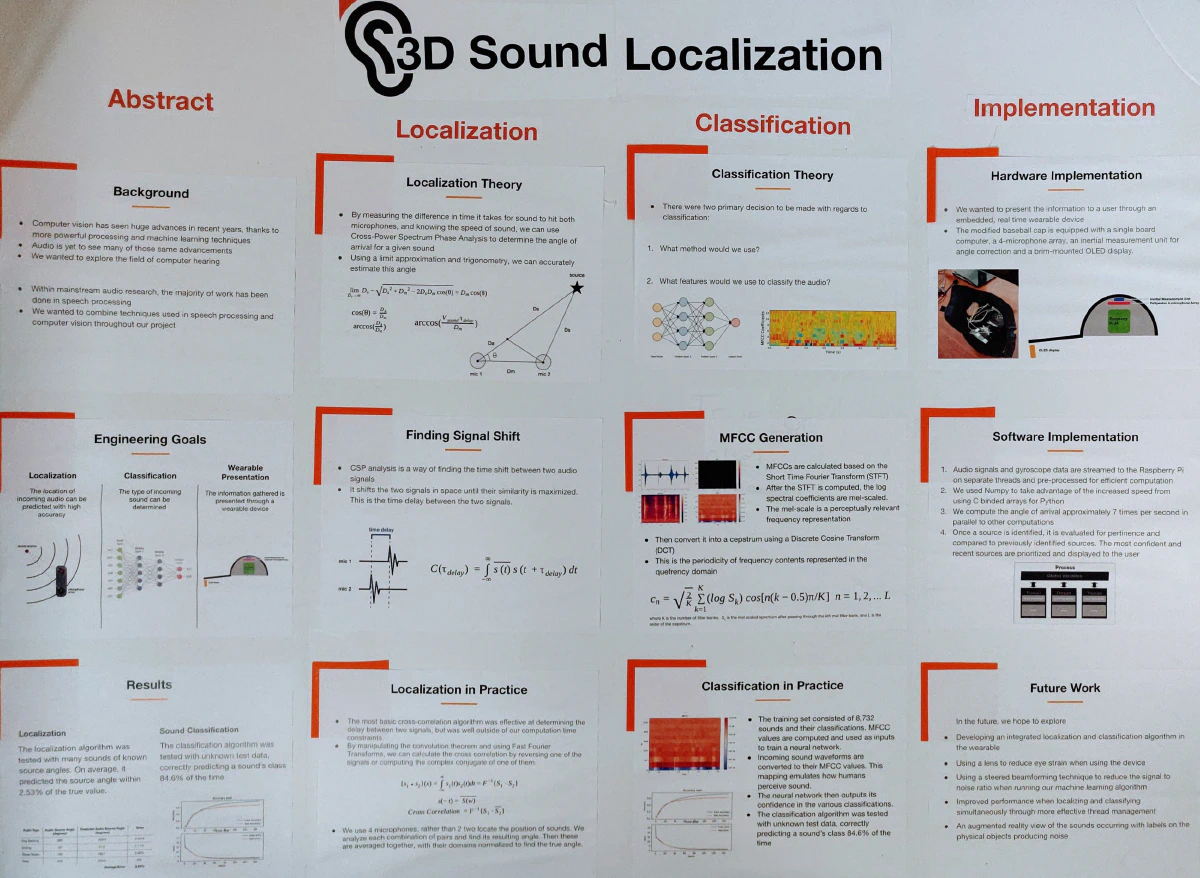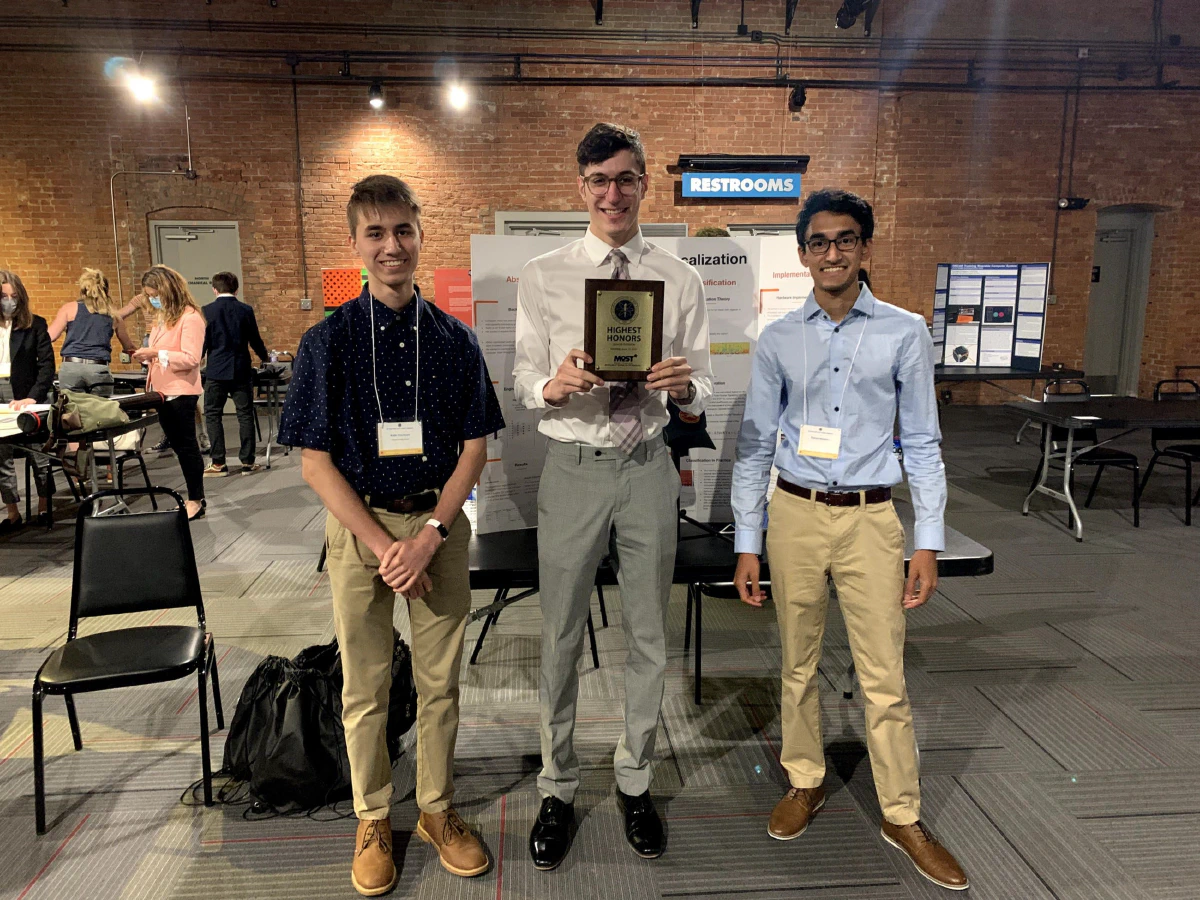Worry about now, not the future
Sometimes it feels like all we do is fail at the things we are passionate about
September 4, 2021
Success is an elusive thing, like a mirage in an endless desert. It’s often when we’re looking for a way out from the desert that we end up becoming even more lost. That was high school for me.
I was the kind of kid who was always working on some sort of project. I was a nerd by every sense of the word: geeking out about video games, talking about computers, and always willing to show my coding projects whenever someone (mistakenly) gave me the chance. I had a very clear idea of what I wanted to study. Naturally, it was computer science, so I devoured anything I could, from videos to books. I was in love with the idea of creating something from nothing, but it wasn’t long before things started to sour.
What inspired me to start coding sophomore year was Cal Newport’s “How to Be a High School Superstar”. The book had solid advice, but I made some serious mistakes that I sincerely wish someone warned me about. So if you were anything like me, a high school student, extremely goal oriented and too determined for your own good, make sure you listen up.
The entire premise of the book I mentioned above was to discover and use your passions to stand out from the crowd, specifically for college admissions. Whether or not this is actually beneficial is questionable. Theoretically, it makes sense, but admissions is a knowledge arms race. It’s only a matter of time before that becomes the norm, so take that as you will. But like everyone else who read that book, I thought my talents were my ticket to a top school.
I was motivated to do well, to put in the extra hours to work on my standout project, whatever that may be. I coded one project after another: a book digitizer, stock analyzer, screen time manager, each one no closer to the goal post than the last. It seemed like I was chronically incapable of finishing whatever I started, and in the end it became a self fulfilling prophecy. Months slowly turned into two years. Time was up, and I had nothing to show on my college applications.
Colleges: Please describe how you spent your high school career? Uh… I failed at coding projects and learned a lot (said no one ever)
The tree that was supposed to bear fruit instead brought anxiety. I learned an unbelievable amount in those two years, almost enough to land me a software development internship, but colleges didn’t care about that. I genuinely wondered what the hell was I going to put on my application.
And then the pandemic happened.
It was a perfect storm of events where the school’s robotics club was in desperate need of new members and the pandemic effectively shut down our only method of recruiting. The misfortune of the upcoming school year dropped the solution to my problem on my doorstep. This was it!! I was going to make a website to run a virtual club fair. But why stop there? Why not expand it to other local schools? Or even further? The possibilities seemed endless. One quick email to my school district, and I was on my way! The only problem was that I had no idea what I was doing.
I had exactly three months to publish a service from scratch, and also learn how to do it. My friend Rohan and I worked like dogs throughout the summer, sometimes spending up to six hours a day coding the website, and by some miracle we finished with one week to spare. I was beyond relieved. It felt like my curse of never finishing projects was finally broken. Man, I had no idea what was coming.
We enter a zoom call with the head of the technology department two weeks before the scheduled launch. To paraphrase the meeting, “Oh, and by the way, you can’t store any student data”. The moment I left the zoom call, I was in shock. I’m not an angry person, but I was beyond pissed. Because of student privacy regulations, the school couldn’t use our site, and they didn’t even tell us despite having plenty of time to do so. I really thought this was it, and it seemed like I was cursed after all. No matter how much effort I put in, it seemed like I couldn’t catch a break.
We tried to rebuild whatever we could, but after all, the site never was used by anyone. I worked on college applications the day school started, dejected and feeling useless from my epic failure. Three months later, I submitted everything and hoped for the best.
Now this is where things started taking a turn for the unexpected.
The Science Fair
Once the chaos of the holidays was over, Rohan asked if I wanted to work on a science fair project with him and another friend, Jacob. Being a second semester senior with nothing better to do, I happily agreed. It was going to be a good learning experience either way, and in my eyes, a last hurrah of high school. There were no expectations, no pressure, and no obligations. I was doing this because I felt like it.
Most people start their projects well in advance of the fair, anywhere between six to twelve months. In our case we had two months to create our project and only three days to figure out what it was. With no time to spare, we discussed and brainstormed for as long as we could stand. I was skeptical about how good of a project idea we could come up with in so little time, but that worry seemed to be unfounded. If anything, the tight deadline helped us. We didn’t have time to exhaustively search for the best idea. We had to weight the pros and cons and be decisive. In the end, our project was to create a wearable device that could help the hard of hearing navigate their environment. It’s funny, the idea came up as a joke because some video games have a feature where sounds have arrows and captions pointing to where sounds came from. So it was settled. We submitted our project proposal on time and prepared for the grind that was about to ensue.
As usual, we had no idea what we were doing. I would go as far as to say that this was the hardest thing I’ve ever done in my life. Many late nights were spent researching the math behind sound localization, the ability to determine a sound’s origin in space. The math was hard, not only because operations were difficult, but the Wikipedia pages and research papers were cryptic. We had to become experts in a field that is not easily self taught. In reality, we weren’t even sure if what we wanted to accomplish was possible. The issue with sound localization and machine learning is that it takes a massive amount of computing power to do it quickly, and somehow we had to run these computationally expensive operations on a computer that was smaller than the palm of your hand.
We were overwhelmed to say the least, but it’s the little things that add up in the end. When you don’t know what you’re doing, really all you can do is the next best thing, whether it’s doing a bit more research or making an incremental improvement. It was crazy to see how at the start I knew nothing, and even during those two months I had no idea what I was doing, but somehow everything worked out. Not only did I learn a lot, but what we made actually sort of worked. Granted we stayed up till 4 am for two nights in a row at the end, writing our research paper and putting everything together, but in my book, it was still a win.
We went to the online regional science fair optimistic about our chances, but in reality the best part of the project was done with. Now we got to show off everything that we learned. By the end of the science fair, we went home with third honorable mention in the senior division. I’m not going to lie, I was a little disappointed because we didn’t quality for the International Science and Engineering Fair (ISEF), but it was probably for the best. We were invited to participate in the state science fair instead, which had the added benefit of being in person. It was pretty much all expenses paid, and really the only reason we agreed to go was because it was free and it seemed like fun.
Our poster for the STANYS Fair:


The victory was sweet, but in reality the value of our project came from the work we put in, and not the reward. When you work on something you truly care about, and when I say truly, I mean you could care less about it’s outcome and more about trying to do the best you can, that is what success is. I made the mistake of constantly thinking about the outcome of my projects, and when you’re a long term thinker like me, you can’t help it. But if there’s anything I learned from the flops of my high school projects and the success of the science fair project, it’s that:
“Success comes to those who are too busy to be looking for it” – Thoreau
Whether you are applying to college now, or will be soon, I urge you to spend less time thinking about where you’re going, and more time thinking where you are now. That goes for everything else as well. Do things because you love them, not because you feel the need to succeed at something. Sometimes things actually work out better than you would expect.